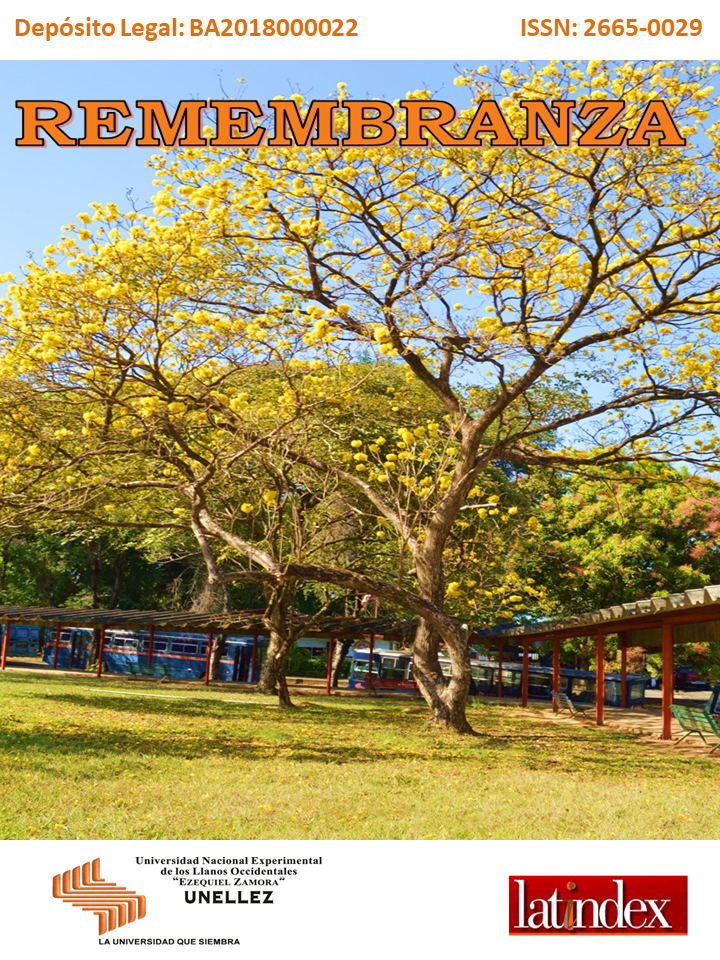EDUCACIÓN E INTEGRACIÓN EN AMÉRICA LATINA: 1950 - 2019
Resumen
La educación como área estratégica está asociada desde finales del siglo XX a la modernidad, pues es considerada un dispositivo para estimular el proceso industrial. El presente artículo tiene como objetivo contextualizar la educación e integración en América Latina desde 1950 hasta 2019. La metodología para la elaboración del mismo está inserta en el enfoque interpretativo desarrollando, la hermenéutica crítica y el método comparado, donde se aplicó en el primer momento la revisión documental, se realizó una recopilación de información de diversas fuentes secundarias, en documentos impresos y digitales para luego realizar un análisis de contenido según las categorías desarrolladas. Como reflexiones finales podemos expresar que ha sido la UNESCO, el organismo internacional el cual ha gestionado los grandes acuerdos en materia educativa, sin embargo se han ejecutado acciones también desde los sistemas de integración (regionalismo abierto/nuevo regionalismo). Por otro lado, se han incorporado a través del tiempo nuevas premisas en la educación como: calidad, redes educativas, gasto social, desarrollo con equidad, evaluación educativa, reconceptualización de procesos educativos, modalidades según la diversidad cultural, ética, educación de calidad y desarrollo sustentable, entre otros. Y en este sentido en la región se ha evolucionado en ciclos educativos completos, en términos de cobertura educativa pero persisten grandes brechas estructurales entre las/los jóvenes en cuanto se refiere a las oportunidades de formación de capacidades, y esto enmarca nuevos retos especialmente para trabajar la dimensión educativa de la integración en el siglo XXI. Palabras claves: Educación, integración, América Latina. ABSTRACT Education as a strategic area has been associated with modernity since the end of the 20th century, as it is considered a device to stimulate the industrial process. This article aims to contextualize education and integration in Latin America from 1950 to 2019. The methodology for its elaboration is inserted in the developed interpretative approach, the critical hermeneutics and the comparative method, where the revision was applied at the first moment Documentary, a compilation of information from various secondary sources was made, in printed and digital documents and then carried out a content analysis according to the developed categories. As final reflections we can express that it has been UNESCO, the international organization which has managed the great agreements in educational matters, however actions have also been carried out from the integration systems (open regionalism / new regionalism). On the other hand, new premises in education have been incorporated over time such as: quality, educational networks, social spending, development with equity, educational evaluation, reconceptualization of educational processes, modalities according to cultural diversity, ethics, quality education and sustainable development, among others. And in this sense the region has evolved in complete educational cycles, in terms of educational coverage, but large structural gaps persist among young people in terms of capacity building opportunities, and this frames new challenges especially to work the educational dimension of integration in the 21st century. Keywords: Education, integration, Latin America.Descargas
Publicado
2020-05-07
Número
Sección
Artículos


